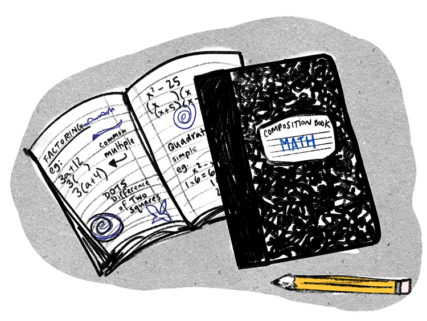PREVIOUSNEXT

MEET THE
SPEAKERS

Paul Cobb
Research Professor in Math Education, Professor Emeritus, Department of Teaching and Learning
Vanderbilt University
During the past twenty years, we have learned much about how to support students’ learning of central mathematical ideas and teachers’ development of high-quality instructional practices. In contrast, we have learned little about how to support the improvement of mathematics instruction at scale. In educational contexts, when we talk about scale we are referring to the process of taking an instructional innovation that has proved effective in a small number of classrooms and reproducing that success in a large number of classrooms. To this point, research in mathematics education has rarely focused explicitly on understanding the process of improving mathematics teaching and learning at scale. This is problematic given that the history of educational reform efforts in the US has generally been one of failure. My current research seeks to address this shortcoming by making instructional improvement in mathematics a researchable issue. To this end, my colleagues and I are collaborating with four urban school districts that are attempting to provide ambitious instruction for all students. We seek to add value to the districts’ reform efforts by providing them with detailed, actionable feedback on how their improvement efforts can be adjusted to make them more effective. In addition, we are testing a series of conjectures about school and district support structures that might enhance the impact of research-based curricula and high-quality teacher professional development on teachers’ classroom practices. In doing so, we view instructional improvement in mathematics as a challenge not merely for teachers but for school and districts as organizations. Our ultimate goal is to understand how schools and districts can become learning organizations for instructional improvement in mathematics. The issues that we are investigating include: • Teacher networks and communities as contexts for teacher learning
• The role of school-based mathematics coaches in supporting teacher’s learning
• The development of effective school and district instructional leadership in mathematics
• The knowledge that instructional leaders need to develop in order to effectively support instructional improvement in mathematics
• The structures that need to be established to ensure that traditionally under-served groups of students have access to high-quality mathematics instruction, particularly African American students and English Language Learners
REGISTER FOR
THE EVENT
The Future of Math Teacher Professional Learning is a free two-day virtual conference open to all. Attendees are welcome to attend one or both days. We hope to see you there!
Attendees will receive a calendar invite with a link to the conference a few days before the event.
***Registration is now closed***

WITH SUPPORT FROM




